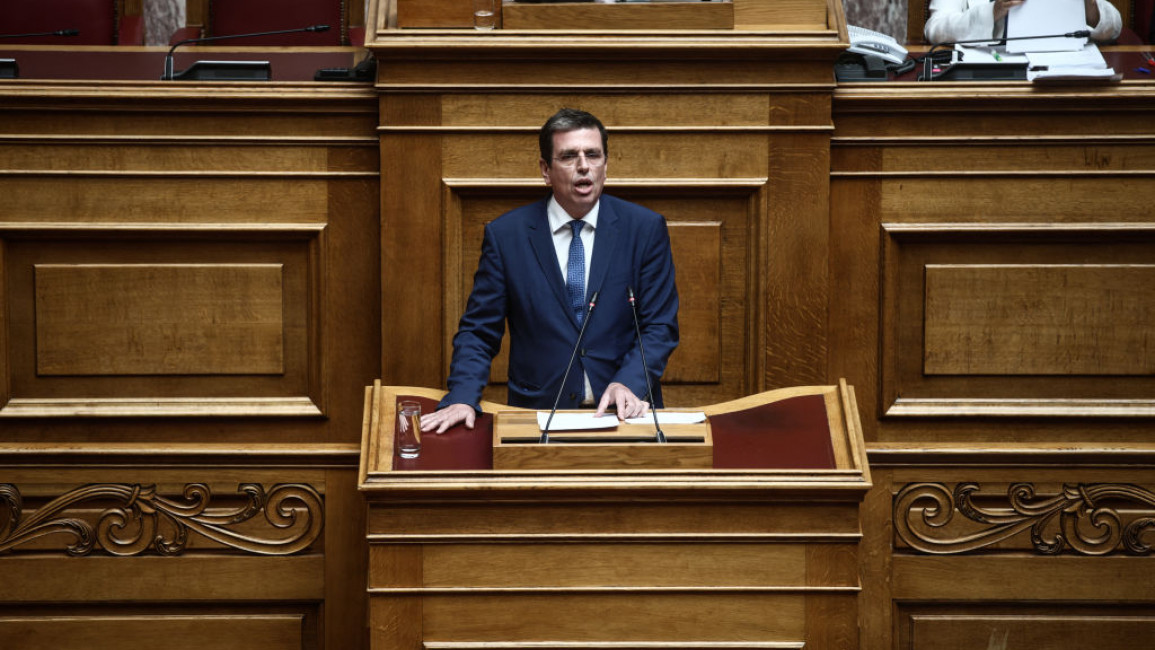Greece to plan migrant regularisation programme amid labour shortage
Greece's Minister for Migration says the government is planning a major regularisation programme for migrants to meet pressing demands in the labour market amid an increase in migrant arrivals.
Dimitris Kairidis told state-run radio on Tuesday that the programme would target an estimated 300,000 migrants who are undocumented or whose residence permits have expired to help address acute shortages in agriculture, construction and tourism.
The plan – similar to a 2020 reform in Italy – was due to be discussed later on Tuesday at a national security meeting to be attended by Cabinet members and military leaders and chaired by center-right Prime Minister Kyriakos Mitsotakis, Kairidis said.
"We do not want to create new incentives for further illegal (migrant) flows because that is the danger," the minister said. "On the other hand, we want to go from black to white from undeclared to declared labour to boost public revenue with employment taxes and contributions and help address dramatic (labour) shortages in certain sectors."
Kairidis said the shortages were slowing landmark public works projects, including construction of a subway system in Greece’s second-largest city, Thessaloniki, and a new airport on the island of Crete.
The plans were announced amid a recent surge in migrant arrivals from Turkey at Greece’s eastern islands.
Authorities Tuesday said 45 migrants - 14 men, nine women, 14 boys and eight girls - were rescued by the coast guard from a dinghy stranded near the eastern island of Samos, with no others believed to be missing.
Greece is seeking emergency financial assistance from the European Union to cope with the recent rise in arrivals.



